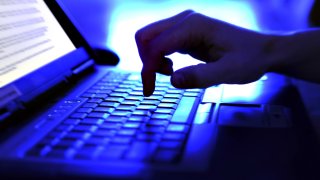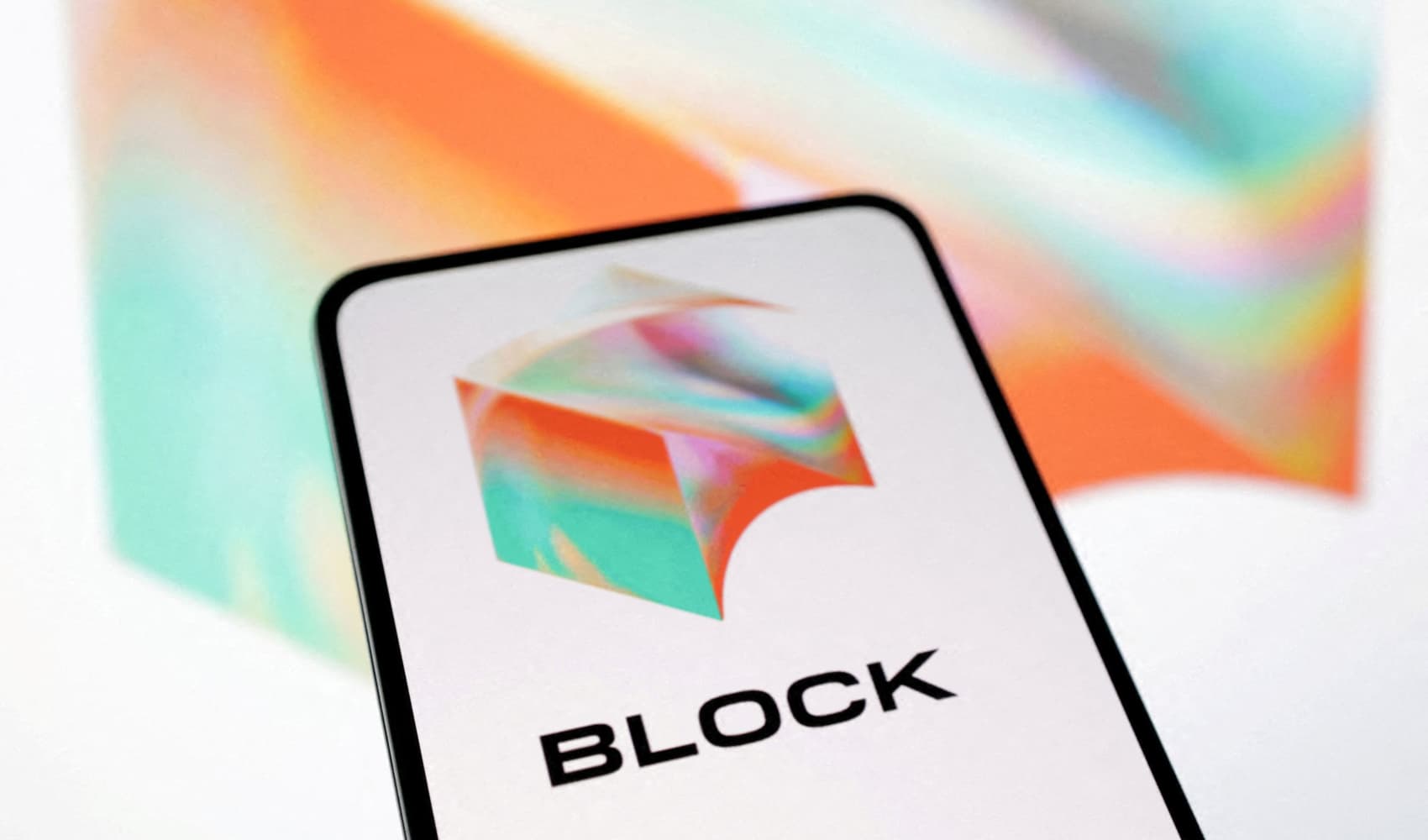
- In times of crisis, fraudulent activity spikes.
- Here are the best ways to protect yourself from cybercriminals trying to capitalize on the current geopolitical upheaval.
Cybercriminals capitalize on uncertainty and Russia's recent invasion of Ukraine is just the type of upheaval that may put individuals at risk.
"The problem is kinetic warfare is almost always accompanied by cyberwarfare," said Vahid Behzadan, an assistant professor of cybersecurity at the University of New Haven.
Get San Diego local news, weather forecasts, sports and lifestyle stories to your inbox. Sign up for NBC San Diego newsletters.
"It's unlikely Russia would target the critical infrastructure here in the U.S., however, there is a long history of Russian hackers engaging in patriotic attacks against entities not well aligned with the Russian government," he added.
"We've already seen attempts of that happening around the world," Behzadan said.
More from Personal Finance:
Gold prices are popping as Russia invades Ukraine
Advisors urge investors to take this approach during volatility
How to have a smooth tax-filing season and get your refund fast
Money Report
As tensions between Russia and the West over Ukraine escalate, "this is something that private citizens may need to be concerned about," Behzadan said.
Here are the best ways to protect yourself:
Be on high alert: "The types of scams we can anticipate range from politically oriented robocalls and texts to fake donations and, in general, trying to get people involved in cryptocurrency," according to Clayton LiaBraaten, a senior strategic advisor at spam-blocking app Truecaller.
Never open an e-mail attachment from someone you don't know and be wary of forwarded attachments from people you do know. It's always safer to enter the URL yourself than to click on a link or attachment.
Choose a strong password. Passwords should be 12 to 15 characters long with strategically placed special characters or symbols. You should have different passwords on each of your online accounts. To help keep track of them all, use a reputable password manager, like the ones provided by Apple, Google or Microsoft.
Keep your antivirus software up to date. Most types of antivirus software can be set up to update automatically. That will help prevent hackers from accessing your computer, laptop or smartphone, as well as alert you to websites and downloads that could be suspicious.
Use only trusted Wi-Fi resources. Free Wi-Fi seems convenient, but hackers can also use it to intercept your internet communications. Before joining a network at say, a coffee shop or retailer, confirm that the Wi-Fi connection you want to join belongs to a business you know and trust. When in doubt, use your personal Wi-Fi hotspot, or the network connection on your smartphone.
Don't give out your personal info. Be particularly wary of any request to provide information such as your date of birth, Social Security number or bank account. The same goes for the information you make available online through social media. Keep personal details private.
Check your credit. Look at your accounts regularly for any suspicious activity or unauthorized charges and set up notifications, through your bank or a banking app, which will track your credit card transactions and alert you to account activity.
If online access to your bank does become temporarily unavailable, it wouldn't hurt to keep have some cash on hand, Behzadan said.






